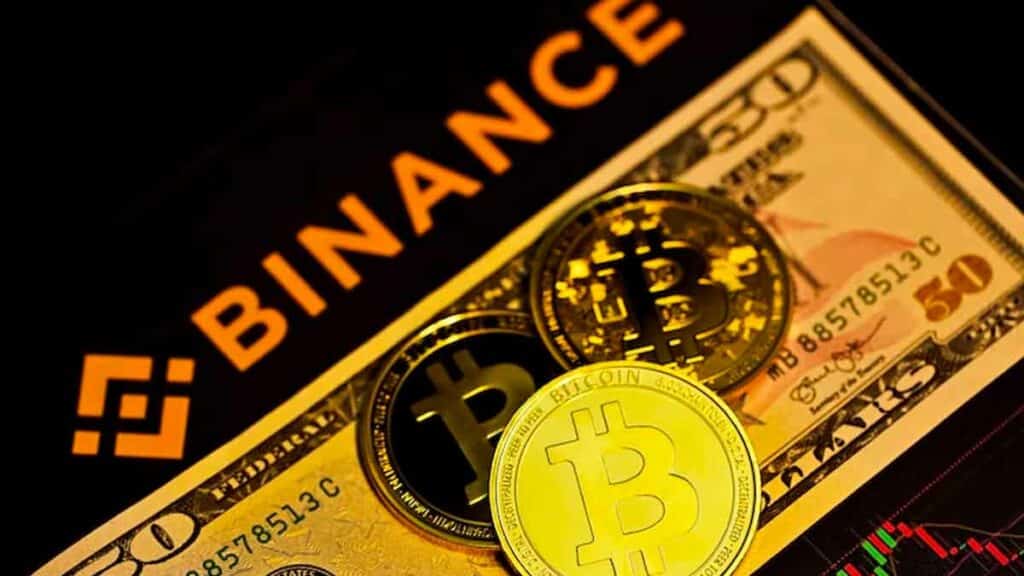Amidst China’s crackdown on cryptocurrency, the world’s largest crypto exchange by volume and assets, Binance, has been banned from operating within the country. However, Binance employees and support volunteers have been caught sharing techniques with customers to bypass the ban and evade Binance’s know-your-customer systems.
Important Consequences
Messages obtained by CNBC reveal that Binance employees and volunteers have been offering advice on how to falsify bank documents, manipulate Binance’s systems, and provide false addresses to subvert the platform’s controls. Furthermore, video guides and documents have been shared to show Chinese residents how to falsify their country of residence to obtain Binance’s debit card, effectively turning their crypto into a conventional checking account.
These techniques have raised concerns about Binance’s anti-money laundering efforts and their potential to be exploited by terrorists, criminals, and cyber-criminals. Financial regulation experts fear that Binance’s lax enforcement of KYC guidelines could have significant national security implications.
Although Binance has stated that they have taken action against employees who violate internal policies and prohibit suggesting or supporting users in circumventing local laws and regulatory policies, Chinese customers continue to find ways to trade on the platform. These methods often involve using virtual private networks (VPNs) to disguise their location and evade Binance’s restrictions.

Despite the ban, Binance’s massive user base and volume of trade continue to soar. While it remains to be seen how effective China’s crackdown on cryptocurrency will be, it is clear that Binance’s Chinese users are taking on a significant risk by flouting the law.
The revelation of Binance employees and support volunteers helping customers evade KYC and AML regulations in China is likely to increase scrutiny on centralized crypto exchanges (CEX).
Moreover, these bypasses are not unique to Binance and may exist in other centralized exchanges. Therefore, the crypto industry must address these issues to avoid regulatory clampdowns that may harm the industry’s growth.
However, the silver lining is that stricter regulations may drive more crypto users towards decentralized solutions, eliminating the need for CEX regulatory constraints.
Decentralized exchanges (DEX), which fully operate on blockchain networks, do not rely on third parties to control and verify transactions, offering greater privacy and security to users.
In conclusion, while the revelations about Binance’s bypasses may result in more stringent regulations for CEXs, it may also accelerate the shift towards DEXs, leading to a more secure and transparent industry.










